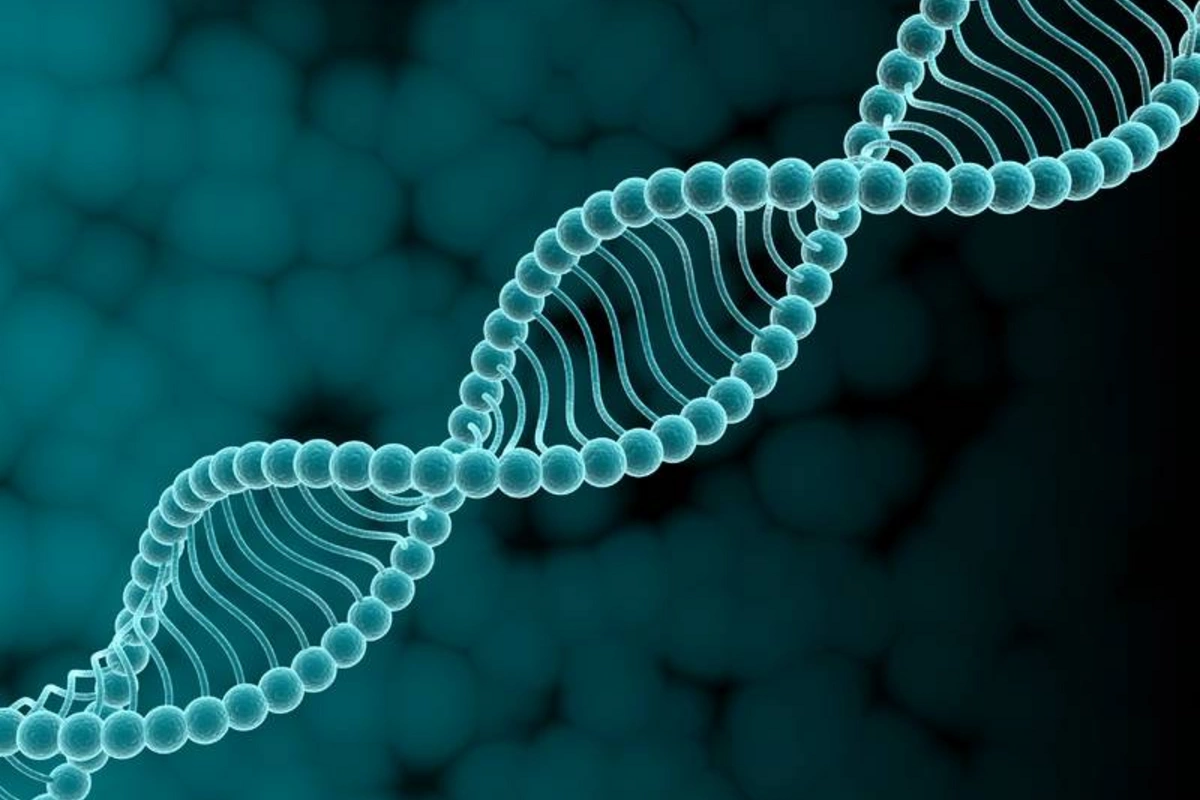Artificial intelligence has cracked the code of life

Scientists from the Center for Genomic Regulation in Spain have made a significant breakthrough in biotechnology: artificial intelligence has for the first time created DNA molecules that effectively control gene activity in healthy mammalian cells.
AI designed special DNA regions - enhancers, consisting of sequences of "genetic letters" (A, T, C, G), about 250 nucleotides long. These fragments allow precise activation or deactivation of specific genes in certain cell types - for example, transforming stem cells into erythrocytes. In essence, this is programming cells at the molecular level.
The AI-created enhancers were chemically synthesized and introduced into mouse blood cells using viral vectors. They activated genes responsible for the synthesis of fluorescent protein, which allowed tracking their work. The results confirmed high precision: the necessary genes were activated strictly in the target cells.
According to the first author of the study, Dr. Robert Fromel, the development gives scientists unprecedented precision in controlling cellular activity and could form the basis for new approaches to treating diseases associated with gene dysfunction - such as cancer and autoimmune diseases.
To teach AI the "language" of cells, researchers analyzed thousands of experiments, identifying how enhancers interact with transcription factor proteins. Over five years, they created more than 64 thousand artificial enhancers - the largest such collection in the world.
Studies have shown that most enhancers regulate gene activity like "volume," amplifying or weakening their work. However, some combinations showed an unexpected effect: factors that usually activate genes instead suppressed them when combined. This phenomenon - "negative synergy" - became a new discovery and allowed AI to more accurately predict the behavior of new sequences.
In the future, the technology could form the basis of personalized medicine - with the ability to activate necessary genes strictly in affected cells, avoiding side effects. Scientists are already working on improving AI to create more complex genetic constructs, opening the way to a deep understanding and control over cellular processes.
Similar News
Astronomers reported a powerful explosion on the side of the Sun hidden from Earth
An extremely powerful double explosion was recorded on the far side of the Sun last night. This was reported by the Laboratory of Solar Astronomy at the Space R...




 Azərbaycanca
Azərbaycanca  По-русски
По-русски  English
English 





